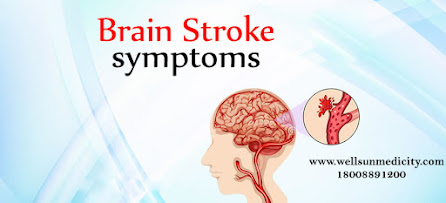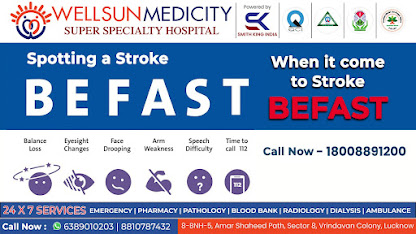Here are some common myths or false beliefs about spine surgery
Myth 1: Spine surgery is only for old people.
False: Spine surgery is not just for older adults. While age can be a factor, spine surgery is often necessary for individuals of all ages who experience back pain, sciatica, or other spinal conditions.
Myth 2: "Spine surgery is a last resort and should be avoided if possible."
False: While it's true that surgery should be considered only after non-surgical treatments have been exhausted, many individuals may benefit from spine surgery to alleviate chronic pain and improve their quality of life. In some cases, surgery can be the most effective way to treat certain spinal conditions.
Myth 3: "Spine surgery is always a major operation that requires a long hospital stay."
False: While some spine surgeries may require a hospital stay, many others can be performed on an outpatient basis or with a short hospital stay. Minimally invasive surgical techniques have also reduced the need for lengthy hospital stays.
Myth 4: "Spine surgery is expensive and not covered by insurance."
False: While the cost of spine surgery can vary depending on the procedure and location, many insurance plans cover at least some of the costs. It's essential to discuss your insurance coverage and financial options with your healthcare provider before undergoing surgery.
Myth 5: "Spine surgery will guarantee a pain-free life."
False: While spine surgery can significantly alleviate pain and improve quality of life, it's not a guarantee of complete pain relief. Some individuals may still experience residual pain or discomfort after surgery.
Myth 6: "Spine surgery is only necessary for people with severe injuries or conditions like scoliosis."
False: Spine surgery may be necessary for individuals with various spinal conditions, including herniated discs, spinal stenosis, degenerative disc disease, and more.
Myth 7: "Spine surgery will lead to a long recovery period."
False: While some spine surgeries may require a longer
recovery period, many others can be performed with minimal downtime. The length
of recovery depends on the type of surgery, individual factors, and
post-operative care.
It's essential to consult with a qualified spine surgeon to discuss your specific situation and determine the best course of treatment for your condition. Visit wellsun Medicity Hospital













